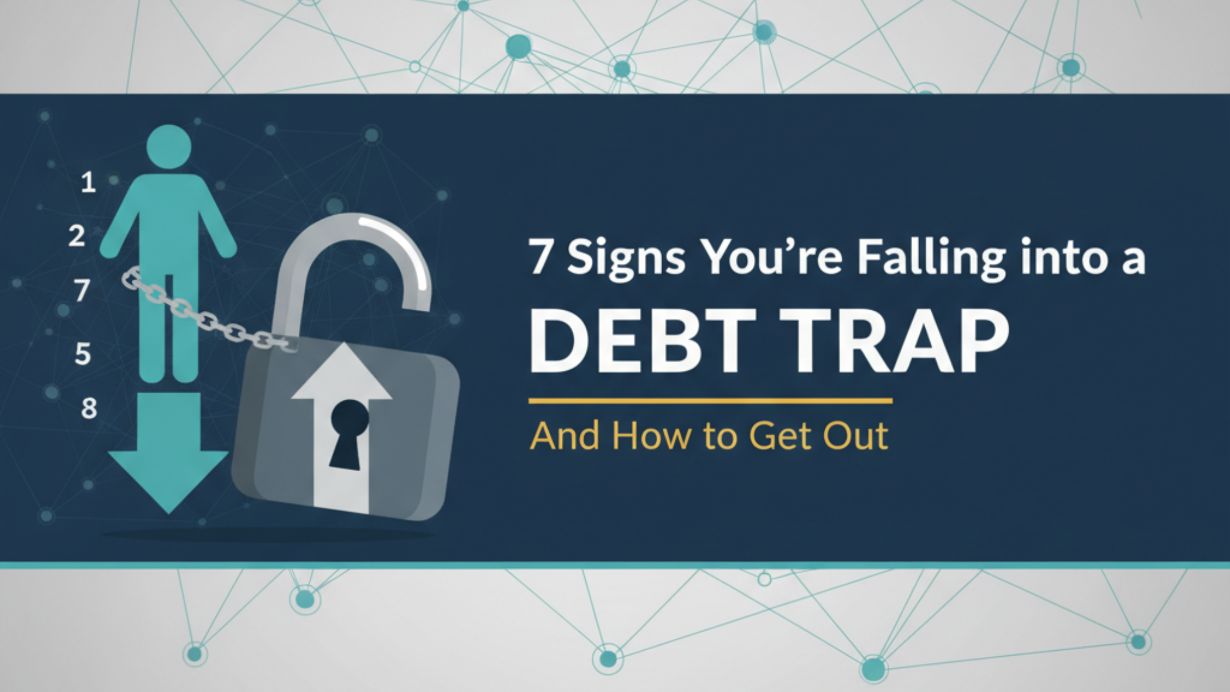· Debt Management · 3 min read
Personal Loan Boom: Fading Fast or Just a Pause?
Personal loan growth has slowed, signaling a shift in the credit landscape. As banks tighten lending, borrowers must rethink their debt strategies. This slowdown offers a crucial chance to consolidate debt, build savings, and improve financial literacy. Learn how to adapt your borrowing habits in this changing economic climate.
(Expertpanel) Personal Loan Boom_ Fading Fast or Just a Pause_ (1).D1iwCU47.jpg)
The shiny appeal of personal loans is starting to dim. According to recent Reserve Bank of India data, personal loan growth slowed to 14.2% in January. While double-digit growth might still sound impressive, this represents a noticeable decline from previous periods.
Personal loans have been the favorite of both borrowers and lenders for years. Quick approvals, minimal paperwork, and the freedom to use funds for anything from weddings to vacations made them incredibly popular. But this January slowdown suggests the market might be approaching saturation. Banks and financial institutions are becoming more vigilant, especially as they watch delinquency rates in certain segments.
Are Your Finances at Risk? Warning Signs You Shouldn’t Ignore
This slowdown comes as a wake-up call for many households that have become dependent on easy credit. With interest rates remaining firm, borrowers are feeling the pinch of rising EMIs. The crucial question now is whether this marks a temporary blip or the beginning of a more significant credit tightening. For consumers already juggling multiple loans, this is the time to reassess financial priorities.
Where Can You Turn for Financial Education Without Breaking the Bank?
Building financial literacy doesn’t require expensive courses. The internet offers vast troves of knowledge if you know where to look:
● Free podcasts like “Money Matters” break down complex financial concepts into digestible chunks.
● Government websites offer unbiased information about regulations and financial planning basics.
● Finance apps not only help track spending but often include educational sections.
YouTube channels by certified financial planners provide visual learning without subscription fees.
● Online forums allow you to learn from others’ experiences and mistakes without making them yourself.
Is the Debt Bubble About to Burst? What Experts Aren’t Telling You
While the RBI hasn’t sounded alarm bells, the slowdown signals caution. Experts suggest this might be the market’s natural response to previous periods of rapid growth. However, for individual borrowers, particularly those with multiple loans, this presents a perfect moment to consolidate debt and focus on building emergency savings rather than taking on additional credit.
Could Your Borrowing Habits Use a Reality Check?
Simple Steps to Take Control With personal loan growth cooling, now is the ideal time to examine your relationship with debt. Start tracking all your borrowings in one place. Calculate your debt-to-income ratio — if more than 40% of your monthly income goes toward debt payments, it’s time to pause and reassess. Consider whether each purchase really requires financing or if saving up might be wiser.
When Will the Credit Market Recover? Planning for an Uncertain Future
Rather than waiting for easier credit conditions to return, smart consumers are adapting to the new normal. Creating a six-month emergency fund provides security that no loan can match. Learning to distinguish between essentials and wants helps prevent unnecessary debt. Exploring alternative financing options like employer advances or community lending circles might offer more favorable terms than traditional personal loans in this tightening market.
What is the bottom line?
The personal loan slowdown offers a valuable opportunity to reassess our collective relationship with debt. By building financial literacy and adopting healthier money habits, we can navigate this changing credit landscape with confidence rather than concern.


 (ExpertPanel) Can Debt Impact Your Mental Health Here’s What to Do!.DMQmZTzK.jpg)
.BV34hg_8.jpg)